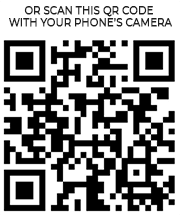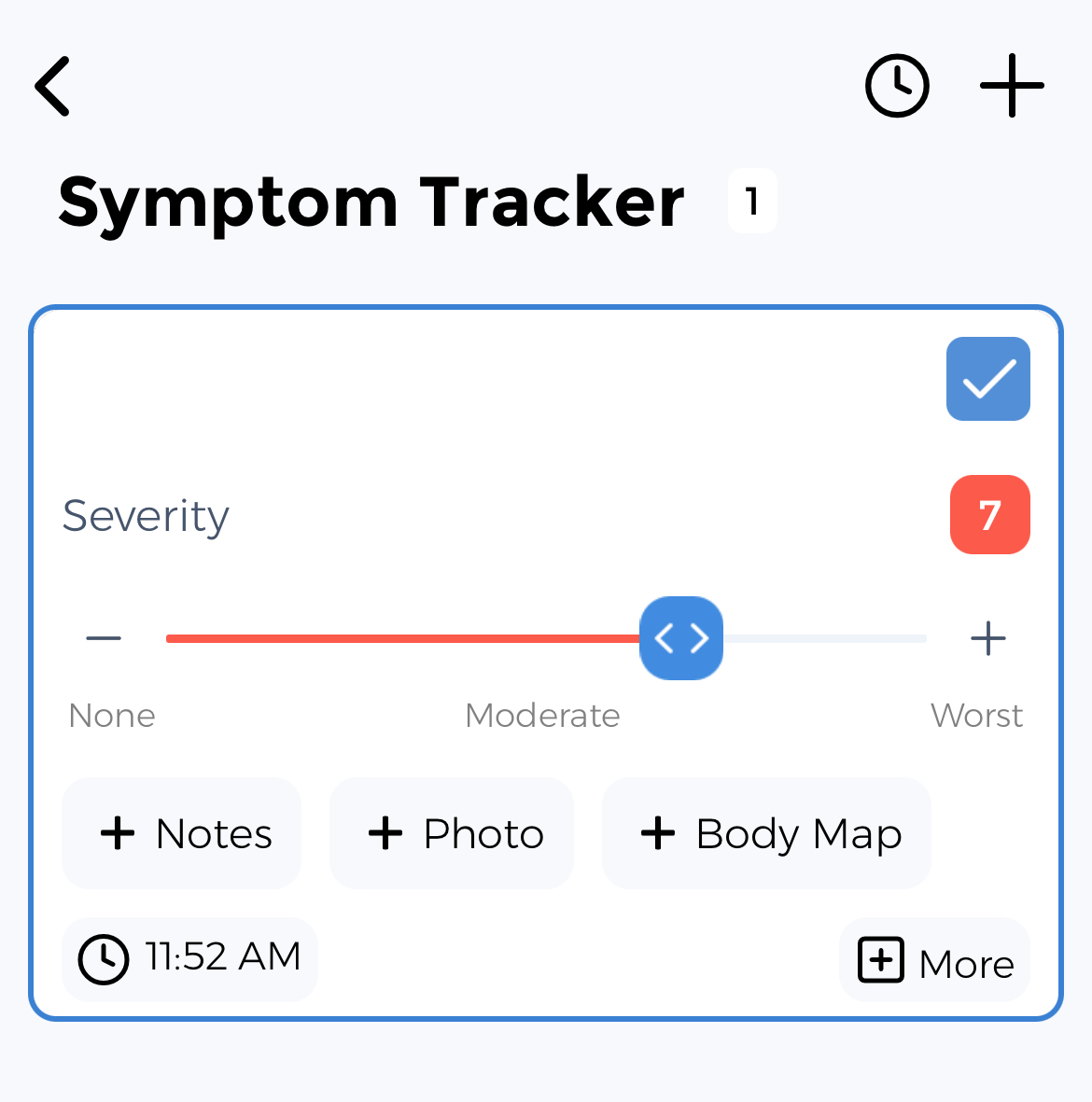Cushing Syndrome Symptom Tracker: Your Health Assistant
Living with Cushing Syndrome means dealing with weight gain, fatty deposits (buffalo hump, moon face), purple stretch marks, and more. But here's the truth: Data is your most powerful tool. Every logged symptom reveals patterns—so you can take informed action.
Cushing syndrome occurs when the body is exposed to high levels of cortisol for a long time, causing a distinctive set of symptoms. Tracking symptoms helps monitor treatment effectiveness and recovery progress.
Key Cushing Syndrome Symptoms You Should Track
Struggling with symptoms like these? Tracking them reveals patterns, triggers, and how they impact your daily life.
Weight gain
Fatty deposits (buffalo hump, moon face)
Purple stretch marks
Thin skin
Easy bruising
Muscle weakness
High blood pressure
High blood sugar
Fatigue
Mood changes
Track Your Cushing Syndrome Treatments
Tracking how these common treatments affect your symptoms can help you and your healthcare provider optimize your care plan:
Our tracker helps you monitor when you take medications and how they affect your symptoms over time.
Standardized Cushing Syndrome Assessments
Complete these evidence-based assessments in the App to measure your severity and monitor your progress:
⚡ Knowledge Is Your Superpower
The difference between feeling overwhelmed by Cushing Syndrome and feeling in control starts with data. When you track your symptoms, you transform uncertainty into clarity. Every data point brings you closer to understanding your unique patterns.
It's free to try for anyone—whether you're managing your own condition, supporting a child, helping an aging parent, or assisting a partner. Our tracker adapts to your specific role in the health journey.
How the CareClinic Cushing Syndrome Symptom Tracker Adapts to Your Needs
Adults
Caregivers
Parents of Children
Young Adults
Your Complete Cushing Syndrome Management Toolkit
Uncover Patterns & Insights
Map your Cushing Syndrome symptoms like a detective solving a case.
Understand Your Medication's Impact
Turn guesswork into strategy. See how treatments affect your well-being with clear health insights.
Objectively Measure Your Progress
Use clinically validated tools to objectively measure your progress.
Other Tools You May Like...
Plus 4 more specialized tracking tools available
Access All Tracking ToolsAlso Supports Other Conditions Like
Adrenal Tumors Tracker
Adrenal Tumors warriors use our tracker to monitor high blood pressure, weight gain.
Congenital Adrenal Hyperplasia Tracker
Congenital Adrenal Hyperplasia warriors use our tracker to monitor salt wasting, dehydration.
Adrenal Insufficiency Tracker
Adrenal Insufficiency warriors use our tracker to monitor fatigue, weakness.
Diabetes Mellitus Tracker
Diabetes Mellitus warriors use our tracker to monitor increased thirst, frequent urination.
Success Stories from Our Community
"Tracking saved me endless trial and error with my Cushing Syndrome. I quickly detected that My thin skin always peaked 2 days after lack of sleep, saving me months of unnecessary suffering."
"The patterns this tracker revealed about my Cushing Syndrome were surprising. The connection between fatty deposits (buffalo hump, moon face) and diet changes was eye-opening, and that knowledge alone has helped me managed to reduce my medication with my doctor's guidance."
Take Control of Your Cushing Syndrome Journey
Transform from feeling like a passive patient to becoming an informed self-advocate. Join thousands who've discovered new insights about their condition.
Designed by people who understand the daily challenges of managing chronic conditions, we're here to support you and your ❤️ ones.
Download Your Cushing Syndrome Tracker NowYour Data is Protected
Private & Secure
HIPAA Compliant
GDPR Compliant
Never Sell Data
Your data is yours: You get full control over who can view your information. CareClinic keeps all your data secure and encrypted.
References based on studies by:

